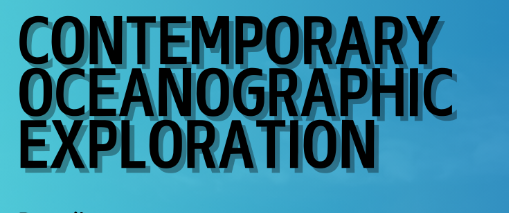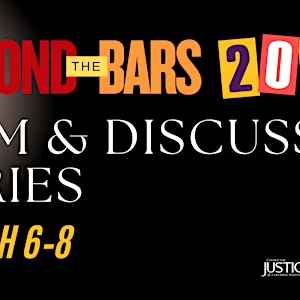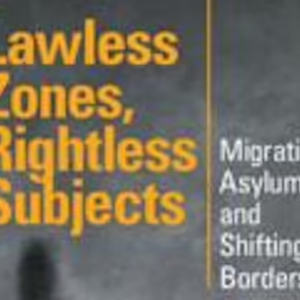
CONTEMPORARY OCEANOGRAPHIC EXPLORATION
Today, researchers are pushing the boundaries of scientific knowledge about the oceans through contemporary ocean exploration, with millions of dollars in funding available from both public and private sources. While the oft repeated aphorism that we know more about the moon or Mars than we do about the ocean on earth is not exactly true, ocean exploration is challenging. In this event we ask how the interests to understand how oceans work and desires to explore the unknown intersect with the realities of ethics, technology, and funding.
Scientists are driven by the desire to understand how things work, looking to solve the mysteries of the ocean. They often rely on other experts to make their desires real. Some of the people who make scientific discovery possible are inventors, toolmakers, and logistics experts. In this panel we bring together scientists and other experts who are pushing the edges of what is possible in ocean exploration to discuss the state of ocean science and technology and the ethics of this crucial work.
Panelists
Nick Frearson came to the Lamont Earth Observatory within the Earth Institute in 2007 to develop and deploy an Airborne Geophysics system capable of mapping the remotest parts of Antarctica in preparation for the International Polar Year. Nick also set up the Polar Geophysics lab to develop the sensors and systems necessary to carry out the work and today has extended the role of the lab to develop sensors for many aspects of the Earth Sciences.
Rob McCallum is a Founding Partner at EYOS. He has planned, managed and led deep submergence expeditions across every ocean, including the Five Deeps Expedition, the multi-year ‘Ring of Fire Expedition,’ all of the world’s 10,000m+ trenches, the world’s deepest shipwreck (6500m), RMS Titanic (7 times) and the battleship Bismarck. Rob was the vessel manager of RV Alucia for her successful search for AF447. McCallum is also a founding partner of Yachts for Science and serves as a Trustee to Nekton and Ocean Census.
Andreas Thurnherr is an observational physical oceanographer interested in a functional understanding of the ocean who is involved with all aspects of oceanographic data collection, analysis and dissemination, including instrument design and construction, organizing and participating in oceanographic cruises, data analysis and publication. Andreas also maintains several public-domain software packages for oceanographic data collection and analysis.
Moderators
Ajit Subramaniam is a Lamont Research Professor at the Lamont Doherty Earth Observatory of Columbia University and is a microbial oceanographer with expertise in biogeochemical cycles, remote sensing, bio-optics, and phytoplankton physiology.
Paige West holds The Claire Tow Professorship in Anthropology at Barnard College and Columbia University, serves as the Director of the Climate School’s Transdisciplinary Research Lab, and is an environmental anthropologist focused on Indigenous ecological sovereignty.



